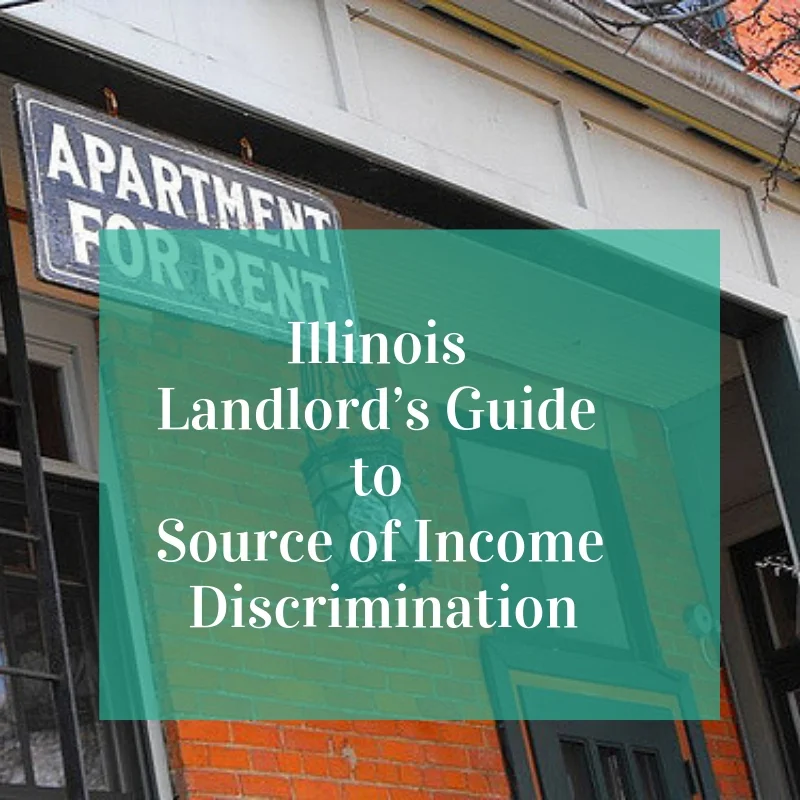Illinois “Rent to Own” Contract Law
Since the crash of the real estate market in 2008, there has been an increase in home buyers purchasing real estate under an installment contract (also called “rent to own” contract or contract for deed), rather than using a traditional mortgage. Before this year, installment contracts were largely unregulated and were therefore subject to widespread abuse. At the beginning of 2018, Illinois passed a new law designed to protect home buyers who finance a home purchase using an installment contract.
When Does the Installment Sales Contract Act Apply?
Whether you are a potential home buyer or a real estate investor, the 2018 law is an important one to understand. However, it does only apply in limited circumstances. The Illinois Installment Sales Contract Act (rent to own) specifically applies to sellers (with a legal or beneficial interest) who enter into an installment sales contract for residential real estate more than 3 times in a 12-month period (and the Act does not apply to agricultural property larger than four acres).
If you are a wholesaler or real estate investor who sells multiple properties a year, this Act does not prevent you from using an installment contract for sale. Instead, it provides guidelines and safeguards to ensure that the buyer has some protections under the law.
What is an Installment Contract?
You may have heard of installment contracts referred to as “rent to own” contracts, and that is basically what they are. They are an alternative to taking out a traditional mortgage if the buyer either does not qualify for one or does not want one. At closing, instead of the buyer providing the seller with the full purchase price of the property (using money borrowed from a traditional lender), the buyer agrees to pay the purchase price over time in installments. Basically, the seller takes the place of the lender in this situation. You may have heard this called “owner financing.” What it means is that, instead of the bank or mortgage lender making interest on the loan while the home buyer pays it back, the owner of the property earns both the purchase price of the home, plus the interest. In exchange for waiting to receive the full purchase price, the seller ends up making more over time than if she had just sold the property outright.
During the years that it takes the buyer to pay the full purchase price plus interest back to the seller in installments, the seller retains legal title of the property. Upon receipt of the final payment, the property title transfers to the buyer.
If you have never used an installment contract before, right away you may notice a problem in this model. The buyer, every day prior to making the final payment, owns nothing. He isn’t building equity in the property as he would with a mortgage. This places the buyer in a very vulnerable situation. If he defaults on the contract by missing or making a late payment, he could lose all rights to the property. This “all or nothing” system is what makes the old installment contract model potentially predatory.
What Does the Installment Sales Contract Act Do About it?
The 2018 law created a series of new requirements for sellers and protections for buyers who chose to use installment contracts. Each of these requirements and protections is designed to reduce the likelihood of predatory home sales.
The most significant seller requirements include:
Sellers must record the installment contract within ten days of sale. This notified any future buyer of the existence of the contract and prevents scams where people who are not actually the homeowner collect payments and leave the buyer with no legal rights to the property.
Sellers must inform buyers about their right to have a third-party inspection done prior to the sale. Sellers are also required to fully disclose any building code violations or defects.
For buyers, this law creates significant protections as well:
Buyers are allowed a 90-day cure period in the event that they default on their payments. During this time, buyers are able to catch up on payments and one late or missed payment won’t result in a loss of all property rights.
In the case of default, the buyer is permitted to recover the value of payments made to the seller for improvements on the property (creating something like building equity under a mortgage).
This Act also amends the Mortgage Foreclosure Law in Illinois to require that any installment contract where the unpaid amount is less than 80 percent of the original purchase price go through judicial foreclosure in the case of default.
How will this Impact Home Buying and Selling in Illinois?
Under this new law, installment contracts will likely become much more common. For wholesalers and real estate investors, the new requirements do bring this form of home sales into stricter regulation, but they also give it greater legitimacy. You can still sell properties and earn both the property value and the interest payments, but the regulations will provide buyers with more opportunities to stay in the home and complete making payments on the property.
Contact Enterprise Esquire Today!
If you are a homeowner interested in selling a property using an installment contract to earn more over time from your sale, or if you are a prospective buyer interested in learning how to protect yourself under an installment contract, attorney Alexis Hart McDowell is here to help. As an experienced real estate attorney she is able to provide advice and consultation, review contracts, and inform you of your legal rights should conflicts arise. Click here to make a free, 15-minute appointment today.







